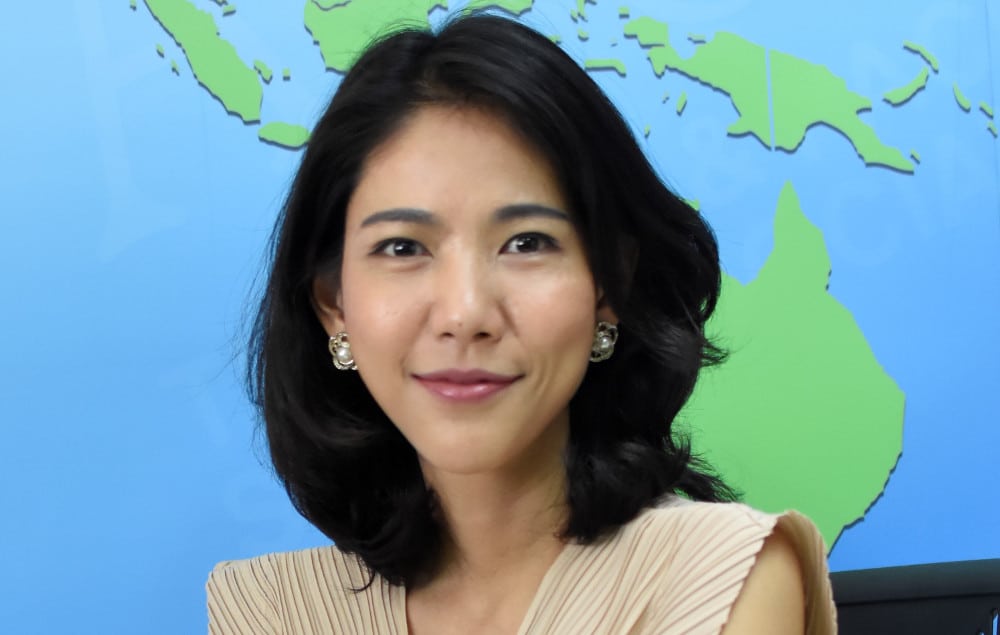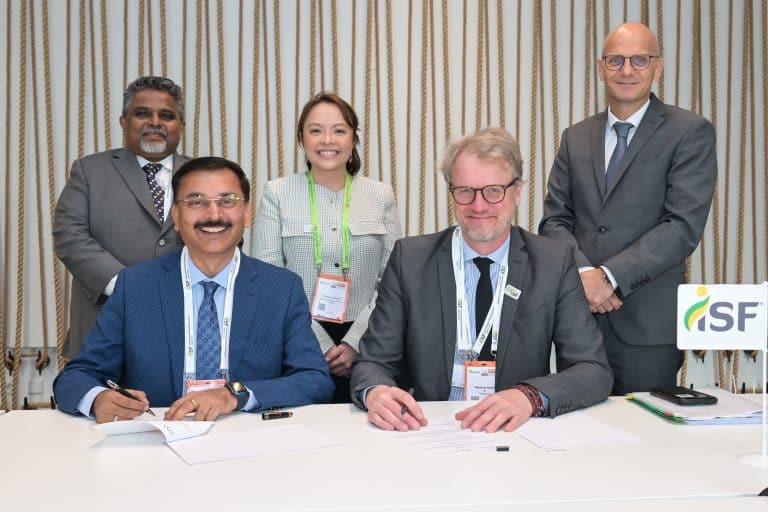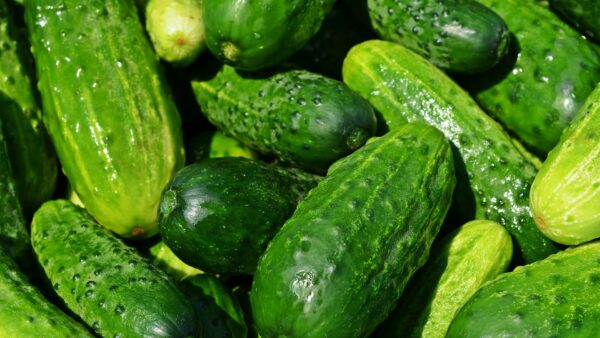It can be hard to make sense of all the implications of the COVID-19 pandemic, but the Asia and Pacific Seed Association (ASPA) executive director May Chodchoey is used to looking back at a situation and making the most of what she learned from it.
While working on her Ph.D in biotechnology, she was often inspired by the words of Apple co-founder Steve Jobs, especially his 2005 Stanford University commencement address, in which he encouraged people to “connect the dots” by looking backward and learning from their mistakes.
In a world obsessed with looking ahead to the future and not dwelling on the past, she has always remembered those words.
Severe restrictions on the movements of people and goods imposed in recent months are having widespread negative effects on the seed industry in the Asia-Pacific region, with international seed trade particularly affected, a survey of seed companies finds.
Chodchoey chooses to look at the situation as an opportunity to highlight the strengths of and challenges faced by the Asia-Pacific seed trade. According to APSA figures, the Asia-Pacific seed market was worth US$22.9 billion in 2018, which represents about 30% of the global seed market.
“We can be a leader geographically. Asia-Pacific has significant resources. Many seed companies start seed production in this region. That’s a large part of it. If we support stakeholders by linking them with resources and other seed associations, that will help bring new knowledge and technology to this region,” says the former Monsanto employee.
“There are so many unique things about Asia-Pacific. We are so diverse. The languages, the crop types, the climate, the culture and the environment are so varied. It’s not always the success stories, but the failures that can help us all to be more proactive.”
In this spirit of collaboration, APSA’s Special Interest Group for Vegetables and Ornamentals recently joined with the World Vegetable Center (WorldVeg) to conduct a survey among seed companies operating in the Asia-Pacific region. The online survey sent to seed company managers recorded their opinions on how the crisis has affected their business and identified emerging bottlenecks in the seed supply chain.
One thing has become clear as a result of the survey: nearly all aspects of Asia-Pacific’s seed business are negatively affected by the pandemic, with more than 85% of respondents reporting negative effects on international and domestic seed shipments, difficulties in getting inputs, and difficulties getting labor for seed production and processing.
Reduced access to finance was also reported by 64% of the respondents. Yet, international seed shipments clearly appear as the most severely affected aspect of the seed industry with 52% of the respondents reporting a strong negative effect, according to the survey results.
Bolstering IP
For Chodchoey, the key to strengthening the Asia-Pacific seed trade is to strengthen its system of intellectual property protection. She cites lack of IP enforcement as the top factor that affects seed businesses throughout the region.
“There is no one-size-fits-all solution and it still depends a lot on a region or country to develop their own strategy,” she says.
“I personally think that a strong collaboration between regional organizations and the private sector to send clear messages, facilitate information exchange — especially with regard to intellectual property protection — can really help us set a strong policy or framework to tackle this issue.”
The region faces many challenges including plant variety protection systems harmonization, seed legislation, patent and trademark protection. APSA has developed a position paper on intellectual property rights for the seed industry so each country can share this position to their respective policy makers, ensuring IP law can be enforced.
With increasing demand for food, feed and fiber to meet the growing population, there is an urgent need to have innovative breeding and research in important crop plants, especially for securing food and nutritional security. APSA recognizes UPOV 91 as the best system of plant variety protection and encourages countries in the region to ratify and implement it.
“There is a need to regulate the seed industry to prevent malpractice, but overregulation may actually increase malpractice. Laws and regulations should be framed in a way that encourages compliance,” Chodchoey adds. “There needs to be a forum for regular consultation between all stakeholders in the public and private sectors. There is an important role for national seed associations to engage the private sector in policymaking.”
As the market is growing rapidly in Asia-Pacific region, the intellectual property rights protection system has to be very strong to ensure a growth of innovation for agriculture investment in this region. Recently, APSA took part in a project with the Food and Agriculture Organization of the United Nations to provide up-to-date information on the status of seed legislation and policies in countries of the Asia-Pacific region and their effects on the development of the private and public seed sector. The study was done in 22 countries in the region involving both the private and public sectors.
One key finding was that reputable seed companies maintain high quality standards in order to protect their brand image, and this reduces burden on the system. However, as more farmers buy high-value seed, there is an increased risk of counterfeiting and this requires serious attention because of the risk to companies and farmers.

Partnerships Crucial
Despite the challenges, progress is being made. BrettYoung Seeds, based in the Canadian province of Manitoba, has broken into the Chinese market. Over the past 17 years it has gone from doing virtually no business there to selling 60,000 metric tonnes annually of forage, turf, reclamation species, and cereals like fall rye, oats and triticale.
Bob Yang, BrettYoung’s senior account manager for the China region, says while the intellectual property framework in China needs bolstering, a major key to the company’s success has been to cultivate strong relationships with its Chinese partners.
“While we do encounter challenges with IP, it’s not as pronounced as you see with other products made by other industries,” he says.
“For us, we have a pretty good understanding of the market and our customers there. They work with our local dealers to protect our brand and our varieties. The local companies we deal with have become defenders of our rights. As a Canadian company 10,000 miles away, we can’t solve those problems by ourselves. Let’s say someone copies our bag — the local dealers we work with will help us report it to the authorities so they can try and stop it. Having that connection goes a long way.”
Chodchoey knows firsthand how harmful IP infringement can be. During her Monsanto days, she became well-versed in how much a company has to invest in R&D to create one commercial variety.
“If IP enforcement is weak, it is really hard for a company to decide to continue investing in innovation in that country.”
The FAO study found that new technologies can play a role in helping the seed industry to adapt to changing circumstances. For example, the use of codes can enable farmers to check the authenticity of seed packages from their phones, and also obtain more information about varieties. Governments could enhance this by making the national variety list searchable online and with links to additional information.
It will take work, but APSA doesn’t why away from that. When she assumed the role of APSA executive director in 2019, Chodchoey’s first priority was strengthening the APSA team. She immediately recruited two new staff members. A current priority is strengthening ASPA’s presence in Thailand and continuing to build its membership.
“All members have to feel valued. Communication is very important. We have to make them feel welcome, feel heard, and feel engaged — that is the meaning of an association, and it’s what we try to do better every day.”













